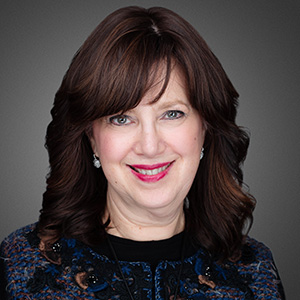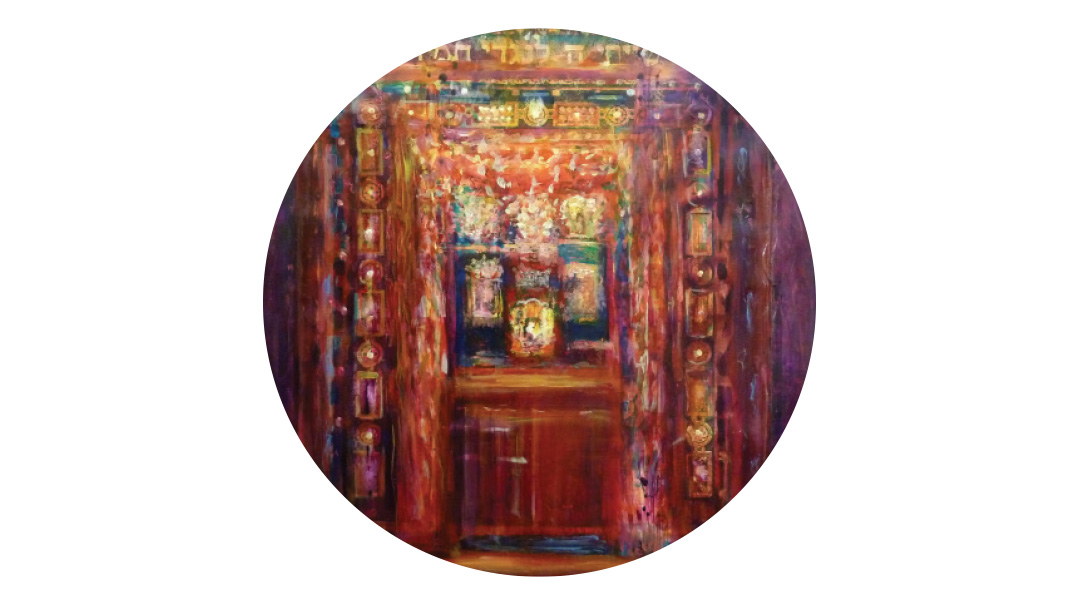Darkness, Light and the Hierarchy of Life


Light, and the Hierarchy of Life,Clarity is always described as light,Darkness, Light, and the Hierarchy of Life,Clarity is always described as light
W hen the stream of life meanders along smoothly thoughts of what’s most important to us flow beneath the surface bubbling up only when a pebble is thrown into otherwise calm waters. Even when the vicissitudes of life break the surface calm we try to smooth things over we self-soothe. We eat more busy ourselves with everything but the problem at hand speak to our friends to vent but not really to get advice. Of course when the pebble becomes a large rock that disrupts our lives we triage. Bake sale out. Doctors in. Redecorating on hold. Priorities come into focus.
The lessons of Chanukah are meant to prod us into living a different life with the light of clarity before it’s forced on us by circumstance. The Nesivos Shalom teaches that it is possible to live a life filled with Torah and mitzvos and still be living in the darkness if the light of our larger purpose doesn’t illuminate our daily existence. It’s the difference between living a life that feels like we are in an Escape the Room challenge where all our energies are focused on the details of the room we’re in or living in a tower above a garden maze seeing the starting point the exit and the twists and turns in between that take us to our destination a life where the bigger picture is in the forefront of our consciousness.
The greatest darkness is confusion. In the world outside darkness is the confusion over the very concept of right and wrong. Each individual left to his own devices must superimpose some set of values on his existence so his life doesn’t seem haphazard and purposeless. In the Torah world we live life within the Divine frame that sets the parameters of right and wrong. Yet within those boundaries there are still many choices we must make. It’s easy to be confused over what is more or less important over what takes priority and should receive the most focus resources and time.
Sometimes it’s a simple question like when a woman asked me whether it was important to stretch her family’s budget (and her nerves) to take a vacation with her children. Her question was twofold. What is the importance of a family vacation? What is its relative importance in the bigger scheme of her life — and how much should she stretch herself to do this? Sometimes the questions are larger: Who comes first my husband or my parents?
In each case we must answer the same questions. What is the intrinsic value of the thing? What is its value relative to other things in my life that are important? In other words what does my ladder of values look like? The more I know the answer the more I live with clarity.
Clarity is always described as light. The word boker morning shares a root with bikur discernment. With the light of morning we can distinguish what is before us. Light is connected to clarity and to order (Ohel Rochel). The ultimate clarity is to know the order of our ladder of values and what is on the top rung of the ladder that value that is meant to illuminate everything beneath it.
In the biblical references to the Syrian-Greek exile that precipitated the Chanukah story the imagery of Yavan is darkness. In the second verse of the Torah our Sages see a reference to the four exiles that would make up our history as a people. “And darkness — this is Yavan” (Bereishis Rabbah 2:4). In the Covenant of the Parts again darkness (chasheichah) is a reference to Yavan (Bereishis Rabbah 44:17).
The Yevanim were a unique foe. They sought nothing short of our annihilation yet they knew that the way to victory was not through war but rather by darkening the eyes of the Jewish People. They exiled us within our own land. They left the shell of the Temple and desecrated all that was transcendent within. Theirs was the exile of the mind and the heart. The Yevanim introduced a set of values as an alternative to those of the Torah and intimated that the two could live side-by-side. The Greek approach — worship of beauty and form reliance on what the eye can see — became the new modern enlightened approach to Torah. Hellenization was the first assimilation. We won’t do away with Torah we will just translate it into the beautiful Greek language. They did and the world experienced three days of darkness.
The answer to confusion and the ensuing darkness is vayehi ohr. Connecting to the light of His presence dispels darkness (Nesivos Shalom). The understanding that our lives are meant to consciously reflect His presence in the world is the top rung on our ladder of values; it illuminates all the details of our lives.
When Yosef was going to meet his brothers he encountered a “man ” the angel Gavriel who said to him “Mah sevakesh — what is it that you seek?” The Kotzker Rebbe explains that when someone has a single-minded purpose and knows what he truly seeks he is unlikely to be distracted from his goal even when he faces huge obstacles as when Yosef’s brothers threw him in the pit.
The Yevanim wanted us to see only with our physical eyes. They wanted to darken the spiritual light that allows us to see the oneness of His presence in the world and to understand that what looks like disparity and fragmentation comes from Him.
When we fret and worry about things that aren’t ultimately about the big picture we create an island of darkness. Those around us absorb the message of what is really important to us without our saying a word. If the last detail of our simchah gets more attention than the bar mitzvah boy or negotiations with the mechutanim leave us no energy for speaking to our chassan or kallah about marriage then we have eclipsed Hashem’s presence and energized the darkness of Yavan that still prevails.
Each person has to have an inner dimension of which she is conscious in which she knows her cheilek. Gam ki eishev b’choshech Hashem ohr li — even when I sit in darkness Hashem is my light (Michah 7). The challenge of our time is to feel this in our hearts.
One way to strengthen our consciousness and gain clarity is to look for a point of inner connection in each mitzvah that we do. Is Shabbos about the food and keeping the kids busy? Cholent is wonderful but I need to be able to connect it to something bigger to the universe that Hashem created and hid His presence within. If while I am serving the food and keeping the kids busy I can remember that I am testifying to that truth I have elevated my existence to a different plane. I can do it with good food and good wine and treats for the kids and games and walks and talks and fun and maybe even a nap! Those create the frame for the picture in my mind that needs to reach my heart.
What am I seeing in my mind’s eye what am I feeling in my heart? Is my perspective Yavani or Yehudi dark or light? If I see only the physical that which I lack that which stresses me all the issues with my spouse and his parents and their grandchildren (oh right those are my children!) then my lenses are darkened and it’s hard for the light of His presence to break through.
But when I see blessing despite the imperfections when every day when I do the best I can I am a player in the orchestra that is His universe and I bring the redemption closer by fulfilling my part however inadequate I feel for the task I know that I am not alone. He is here with me right now. I can turn to Him and ask for help. I can feel a surge of pride when I overcome a challenge because even if no one else noticed He did. I can hum a tune as I go through my day (okay not all the time; that’s weird) because I am happy — not necessarily with my situation but with my lot my cheilek.
The Yevanim wanted to darken our eyes. They commanded the Jews to write on the horn of their oxen that they had no portion no cheilek in the G-d of Israel. When we are happy with our cheilek in the privacy of our minds and hearts we are victorious over that darkness. Yeish lanu cheilek. Though I don’t understand His plan I still want to be part of it.
May the light of Chanukah catapult us into the time when His light will fill the cosmos for all to see.
Originally featured in Family First Issue 571. Debbie Greenblatt is a senior lecturer for the Gateways organization and a teacher of both observant and not-yet-observant Jewish women for over 30 years. Debbie’s lecture topics include Jewish texts Jewish thought and relationships.
Oops! We could not locate your form.







